
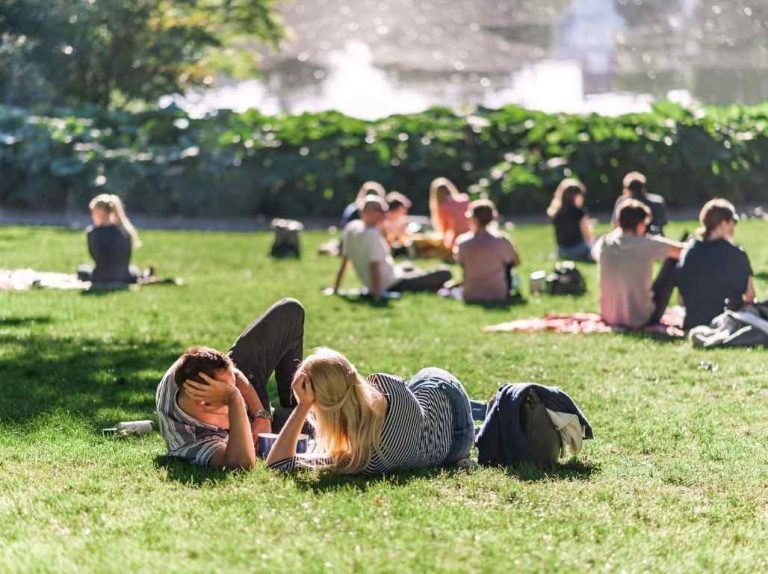
Finding peace in the new landscape post Covid means remembering what was before the Pandemic and reassessing what you want from life now. What does finding peace look like in your new landscape? When addiction is part of your everyday life, finding peace is even more challenging. But what was life for most people before the Pandemic? Were you completely overloaded like we were?
Millions of people were overworked, exhausted, and not enjoying life as much as they could. There were so many things to do and demands on our time and energy. We were on overload in every sense of the word. Then the pandemic brought more than a year of stagnation for so many of us. People lost their jobs, didn’t know how to take care of themselves, or what to do to keep engaged and not go crazy with worry. The Pandemic brought new work stresses for those who did retain their jobs. Working at home and teaching children brought new challenges families had never faced before.
When you’re afraid of catching a deadly disease just by going out, life at home when loved ones are drinking and using more makes for a volatile environment that produced more domestic violence and abuse than ever before. Living with, or supporting, someone who is addicted to substances is frightening, exhausting, expensive, and emotionally devastating. Now that the world is opening up again, you have new opportunities to find peace no matter what your situation may look like right now.
You can experience many traumas and abuse you didn’t think possible. And worse, you get used to it. For example, destructive conditioning is part of the addiction family cycle. There’s nothing good that can be said about living with addiction. What we don’t hear about enough is that for millions of people there is hope, and light at the end of the tunnel. Recovery is possible and more people start the journey every day. Those addicted to substances can get well, and so can their families.
What’s surprising is who gets well. You never know. Hardcore substance abusers recover. Families also recover. But recovery is not something that can be done alone. Families have to be willing to accept that addiction is a family disease in which everyone plays a part That means recovery is practicing new ways of acting and reacting, understanding what is abusive and setting boundaries. It is making life better for everyone, including yourself, even when substance abuse has not stopped. Here’s some ways that have worked for others.
Treats are different for everyone. But just getting out these days is a treat. Get out. Walk in the sunshine; buy and ice cream. Go to the movies. Treating yourself with some activities you’ve always enjoyed but missed in the last year can really make a difference in how you feel during the day. Some people have coffee or tea breaks. Others take a walk outside or sit in the sun. Some read a book for a few minutes or catch up on journaling. Some have a snack or ride a bike, or go to the movies. Yes, you can do these things now. Treating yourself to something every day is a must for happiness.
All right. Not everybody loves the idea of meditation. Some think it’s scary or hard. What’s important is letting go of everything and breathing even for a few minutes. Have you seen our mini mind breaks? If you inhale for 5 counts, hold for 7 counts, and exhale for 8 counts you can slow your heartbeat and calm your frazzled nerves. You can do this to the sounds of nature. Even ten minutes at a time will give you big benefits, although these may not be apparent immediately.
I need quiet. We don’t think of noise as pollution as something that bothers us, but there is a lot more of it than there used to be. We have TV’s and radios, and CD’s and phones ringing, children shouting, the garbage truck, the airport, office noises….all these things contribute to a background environment which is far from peaceful. I like to play the quiet game as much as possible. Turn everything off. It’s so relaxing to hear….nothing at all.
Current wisdom says moving around a little every hour will work wonders. We try to get people out of the office for a short walk every day. But any activity at all that will make you feel good. If it is an activity you rarely do, so much the better. When we’re overwhelmed, we often get depressed and want to just sit or hide our heads. These are normal feelings that exacerbate the stress that builds up when we cope with addiction. Here’s why exercise matters.
Going to Church is a great support for many, but what if you are not much of a believer? You can be spiritual in many ways. A simple, quiet place can give you peace. There you can get in touch with whatever form you want your spiritual life to take – The Great Spirit, The One-ness, The God and Goddess, Buddha, any great thinker will do. I like to light candles and keep the glow going all day. Spirituality can also restore your hope through simple gestures of caring.
This is what recovery is all about. Joining a support group like Al-anon, or Celebrate recovery, can give you a boost like no other. But reaching out can also be as simple as a special thank you to a waitress or a compliment to a passer by. Volunteering a few hours a week or even volunteering from time to time can be extremely rewarding. Helping people, and letting them help you is one key component to finding peace.
Are you dealing with a anxiety about returning to the world post Covid? Are you coping with a substance user at home. If addiction is in your life, there’s a crisis just around the corner every day. The word overwhelmed takes on a whole new meaning. Those with substance or alcohol use disorders can throw curve balls and even take pleasure in creating chaos. Whenever you are off balance, it’s easy to forget important things you have to do, so making lists helps. If it’s written down, we tend to forget less. Also, list all the things for which you are grateful.
Dealing with a substance abuser can make you angry, hurt, feel victimized, vengeful, and a whole range of other negative things. Telling your family member your feelings won’t improve the situation, or give you the release and reassurance that you need. But that doesn’t mean your feelings don’t count or should be smothered and choked down. Write about what’s happening. You’re not crazy. Seeing your thoughts and feelings in black and white can help release the negative and help you feel calm again. I used to write my rage away. Now I have a lot less of it. Find Your True Colors in 12 Steps is a great workbook to journal it out.
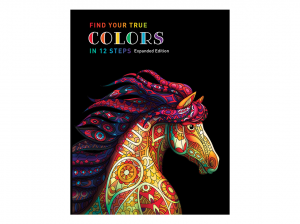
When you’re in the middle of a storm, it’s hard to imagine sunny days again. So often we just struggle from day to day letting smallest details take on negative meaning and importance that hurt only us. If what is bothering you today is not really a big deal, let it go. To love your life now, no matter what’s happening, perspective helps. You can find the rainbow.
Learn when to say No. You do not always have to be available. Have you heard the saying…
Lack of planning on your part does not constitute an emergency on my part.
Well, take that to heart. Just because someone has forgotten to plan doesn’t mean you have to fix it. 100 Tips For Growing Up is a great tool for learning how to say no, and yes. No matter how old or young you are.


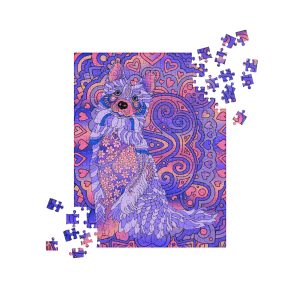
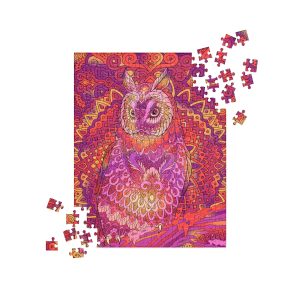


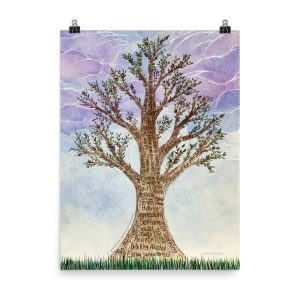
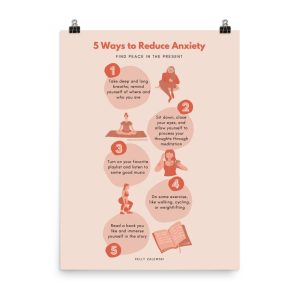
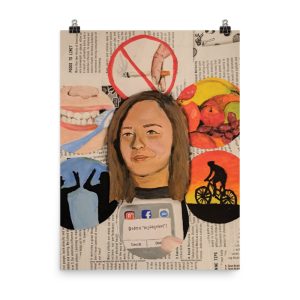
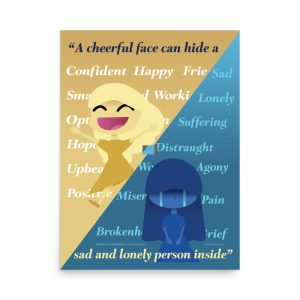
Copyright © 2023 Reach Out Recovery Services LLC | Terms and Conitions |. Site by Quadshot Digital